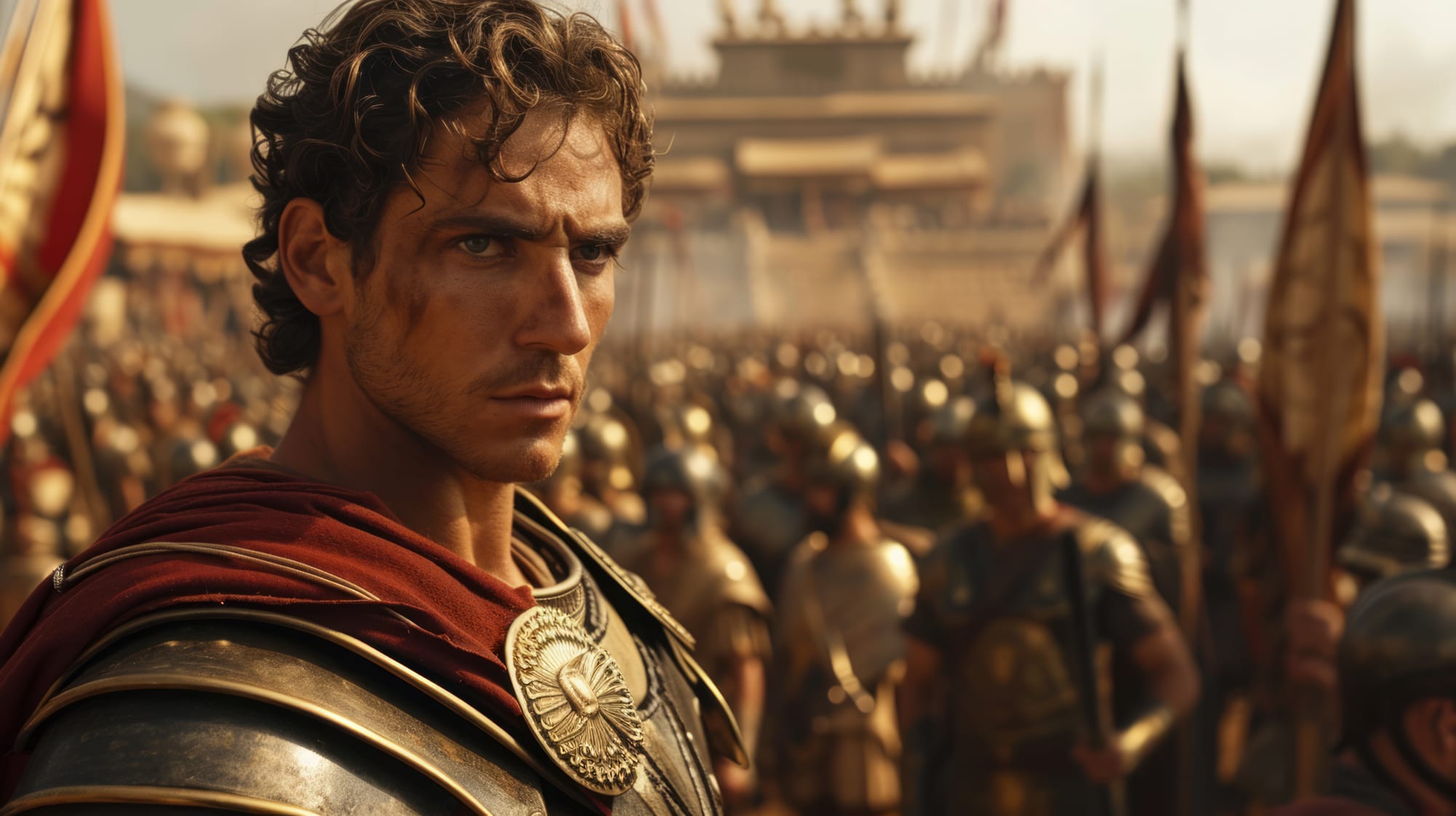100 Heroes: Alexander the Great
The gay man who ruled the world.

Born sometime in the month of July in 356 BC, Alexander III of Macedon was such a powerful force in history that he is commonly known as Alexander the Great.
Early life
From the age of 13 until he was 16, Alexander was tutored by the philosopher Aristotle.
Aristotle taught at the Temple of the Nymphs at Mieza – effectively an elite boarding school for the young sons of Macedonia’s noble families.
Alexander’s fellow students included Ptolemy, Hephaistion, and Cassander – boys who became his lifelong friends and generals in his army. The circle of friends that Alexander formed at Mieza became known as the Companions.
Rise to power
At the age of 20, Alexander took the throne of Macedon – succeeding his father, Philip II. Philip had been assassinated.
Alexander inherited a strong kingdom and an experienced army.
Alexander’s mother was Olympias – an ambitious and resourceful woman who helped ensure that Alexander was recognised as Philip’s heir.
Determined to continue his father’s ambitions for the Greeks, Alexander began planning a major military campaign.
Conquest and Empire
Alexander spent most of his reign on an unending military campaign. By the age of 30, he had created one of the largest empires of the ancient world, stretching from Greece to northwestern India. He was undefeated in battle and is widely considered one of history’s most successful military commanders.
Conquering the Persian Empire was one of Alexander’s major achievements. From Persia, Alexander and his army pushed on into India.
Personal life
Alexander married three times – Roxana, Stateira, and Parysatis. He had a son with Roxana.
However, Alexander’s most important relationship was with Hephaestion. The son of a noble family of Macedon, Alexander and Hephaestion had studied together with Aristotle.
Contemporary sources refer to Alexander and Hephaestion as lovers, and the two men compared themselves to Achilles and Patroclus – heroes and lovers of Ancient Greece.
Hephaestion’s death devastated Alexander and is believed to have contributed to his physical and mental decline.
Death
Alexander died in the year 323 BC in Babylon – the city that he planned to establish as the capital of his vast empire.
There is some speculation that Alexander was poisoned, but the cause of death may have been a fever of some kind.
The fall of the empire
Following the death of Alexander, his empire was torn apart by civil wars resulting in a fragmented series of territories that were ruled by Alexander’s surviving generals and heirs.
Alexander’s conquests spread Greek culture and influence across Asia, Africa, and the Middle East. Alexander’s impact on the development of the world around him marks him as one of the most influential people in history.
